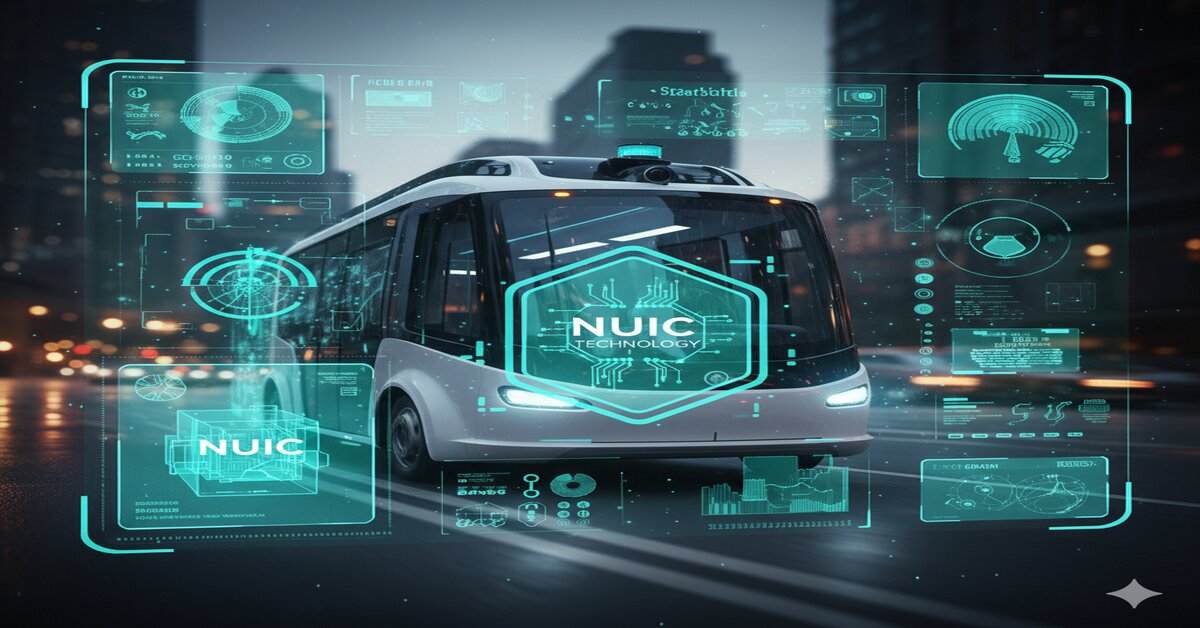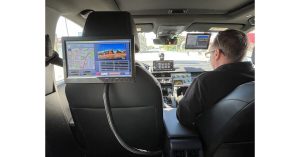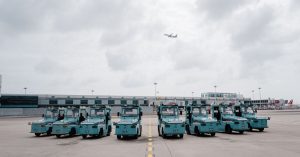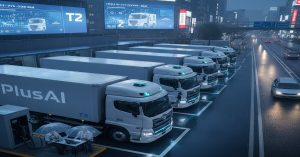Fusion Processing has announced major progress in the development of autonomous vehicle technology designed for No User in Charge (NUIC) operations. The company has successfully demonstrated SAE Level 4 capability through its involvement in the AutonoBus project and live automated vehicle depot trials with Transport for London (TfL).
NUIC—sometimes referred to as “Driver Out” operation—represents a significant leap forward for autonomous mobility. Under this model, vehicles across freight, logistics, and passenger transport will operate without a human driver on board. Instead, they will follow predetermined routes and operate within defined areas, all under the supervision of a central control room. From this hub, trained remote operators can assume manual control if unexpected conditions arise. Beyond transforming transport operations, NUIC also has the potential to create new employment opportunities by enabling staff to manage fleets of vehicles from office-based environments.
The AutonoBus Project
A centerpiece of Fusion’s recent progress is the AutonoBus initiative, which will showcase SAE Level 4 operations in a real-world setting. An Alexander Dennis Enviro100AEV bus has been equipped with Fusion’s advanced systems to run without a driver on board during controlled track testing. To ensure passenger safety, a trained operator will be stationed in a remote control room, ready to intervene at any time.
What makes the AutonoBus project distinctive is its focus on communication. Fusion is equipping the vehicle with capabilities that allow passengers to interact with control room staff through onboard screens and audio links. Similarly, emergency services personnel will have the ability to communicate directly with operators if needed. The bus will also be able to detect and appropriately respond to approaching emergency vehicles, adding another layer of operational safety.
Automated Vehicle Depot Trials
In parallel, Fusion Processing is leading the TfL bus depot trial, applying its CAVstar automated drive system (ADS) to navigate electric buses through the often-complex maneuvers required in depot environments. Automating tasks such as parking, charging, and repositioning vehicles not only improves efficiency but also demonstrates how NUIC technology can be applied in day-to-day operations. These trials serve as a bridge between controlled test projects and full commercial deployment.
National Support for Innovation
Fusion’s projects are part of the UK government’s CAM Pathfinder FS competition, a program designed to accelerate the commercialization of connected and autonomous mobility (CAM) technologies. Backed by the Centre for Connected and Autonomous Vehicles (CCAV), Zenzic, and Innovate UK, the initiative supports 14 pioneering projects. With £150 million (US$204 million) in funding, the program aims to position the UK as a leader in autonomous technology and strengthen the nation’s supply chain.
A Step Closer to Real-World AutonomyFusion Processing Advances NUIC Technology to Power Level 4 Autonomous Operations
Jim Hutchinson, CEO of Fusion Processing, emphasized the company’s leadership role in advancing NUIC. He stated:
“Fusion is at the forefront of making No User in Charge operations a reality. With projects such as the TfL depot trial and the AutonoBus track demonstrations, we are proving that NUIC technology can deliver meaningful safety, efficiency and operational benefits. These milestones move us closer to the day when autonomous buses can operate seamlessly and safely in real-world environments.”
By tackling both technical development and practical deployment, Fusion Processing is positioning itself as a key driver in the global shift toward safe, efficient, and scalable autonomous transportation.







